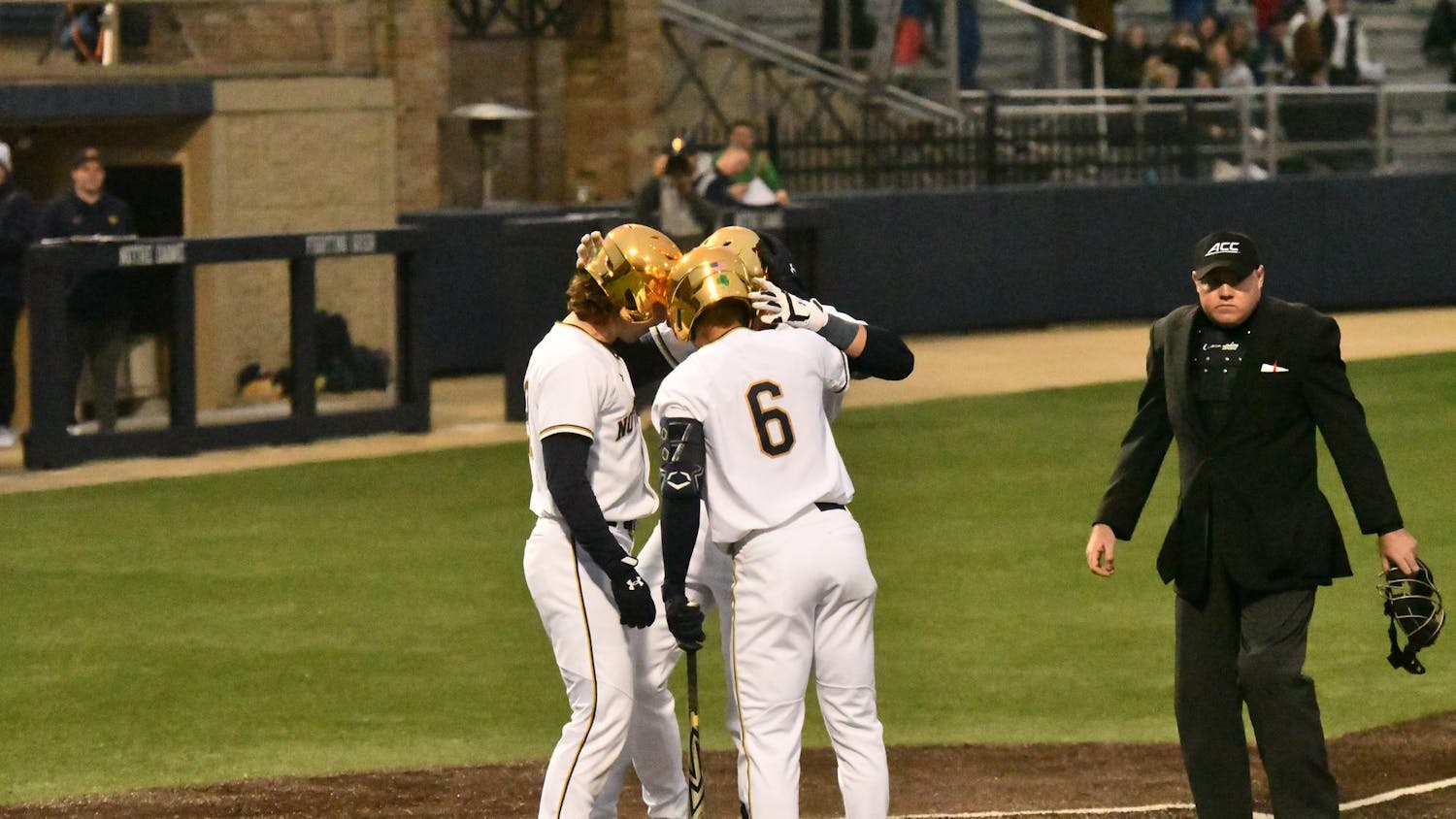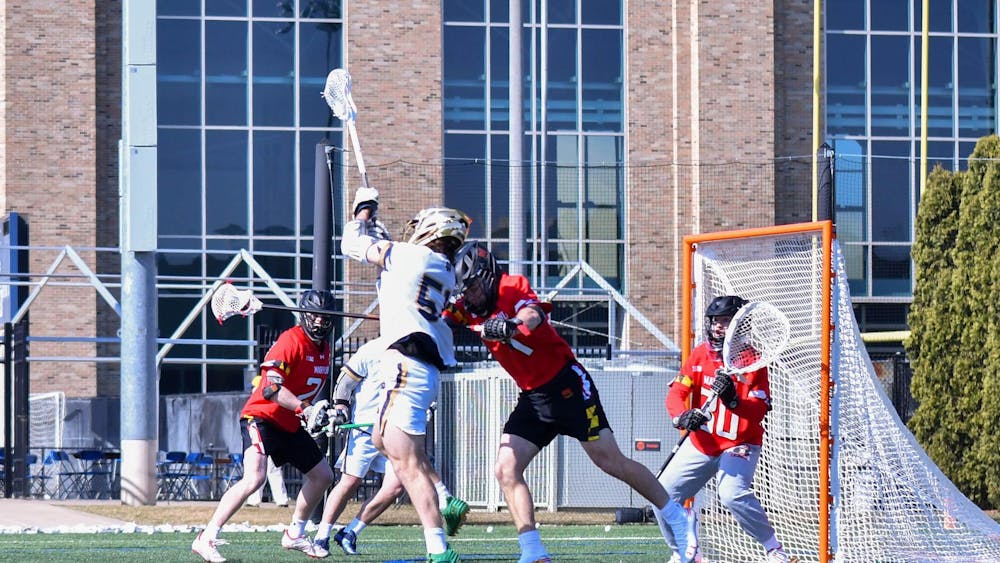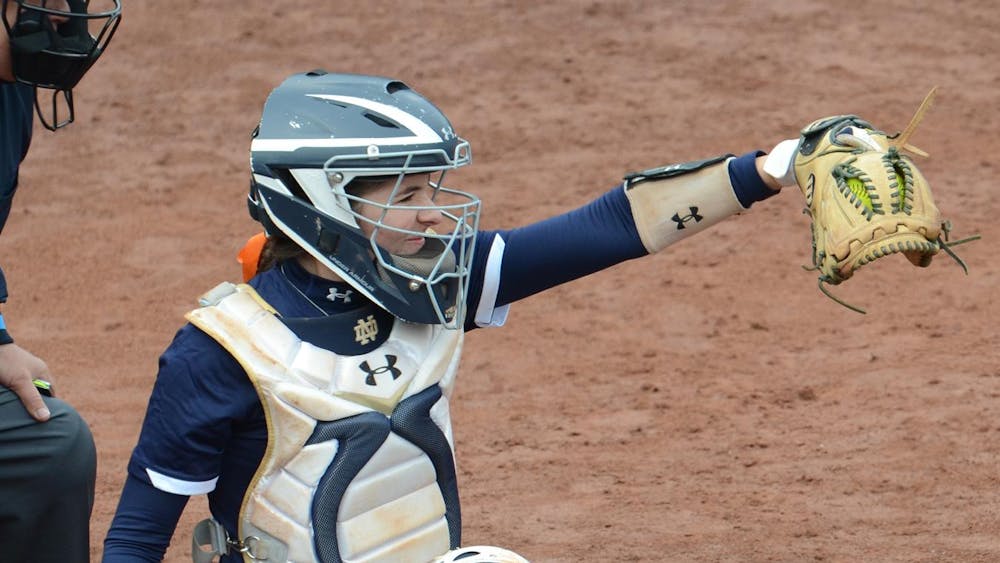It’s about damn time.
Pardon my French, but you get the idea.
On Sept. 30, California Governor Gavin Newsom signed the Fair Pay to Play Act, a piece of legislation which allows college athletes to be paid for the use of their name, image and likeness — a change which contradicts the core policy of the NCAA that athletes cannot collect endorsements while maintaining their amateur status.
Frankly, the legislation is long overdue.
Sports teams are, at their essence, businesses. Corporations (teams) employ contract-level labor (athletes) who comply with certain regulations and policies to complete a particular task (playing their chosen sport) to reach an established goal (wins, profits, etc.). Employees who are not compliant are released, and all employees are compensated according to the work that they complete.
Note that final clause there — compensated according to the work that the complete.
Or are they?
In the professional leagues, it’s absurdly and irrefutably true, with athletes like LeBron James and Ezekiel Elliott making incomprehensibly large sums of money.
But in the NCAA, it’s a completely different story.
College athletes are compensated in the form of scholarships, which I do believe to be a fair bargain — especially as someone who has a monthly tuition bill to pay. But when it comes to the way that schools and the NCAA itself take advantage of athletes off the playing field, it becomes an entirely different landscape, especially in the way the names, images and likeness of athletes are used.
Schools use their athletes as marketing tools freely, capitalizing on their athletic achievements to generate revenue and attract fans. How many seats do you think Notre Dame sold with former Irish guard Arike Ogunbowale’s national championship-winning shot in 2018? Certainly more than they’d have sold if she’d air-balled it. Luckily for Ogunbowale, as one of the best rookies in the WNBA, she’s making more than enough bank now to make up for it.
But what about other athletes, the ones who don’t play professionally after their collegiate careers are over? The gross imbalance between the compensation of those athletes and the revenue boosts the schools experience as a result of their performances is pretty pathetic.
Still not convinced? Apply the principle idea to any other industry.
In the workplace, an employee who generates a business model-transforming idea is compensated accordingly, be it in the form of a raise, a bonus or a promotion. And here’s the key caveat — employees who feel they have not been fairly compensated have the ability to negotiate with their superiors and, even more so, move to another company.
Employees have both individual and collective bargaining power in the workplace. That power arises from two primary sources — employees can strike, and they can seek employment at competing firms if they remain unhappy. In NCAA-regulated athletics, athletes have neither of these options.
College athletes can’t go on strike — their scholarships will be taken away. College athletes can’t change companies — there is one governing body, the NCAA, and it has a complete monopoly on the market. Sure, kids can transfer schools, but with endless eligibility regulations (not to mention academic ramifications), such a move is often an athlete’s last resort.
As a result, we see athletes who fall powerless under the whims of their employers. Would that stand in any other industry? Absolutely not — cue the birth of antitrust laws.
These athletes can’t fight for themselves, so they need someone else to fight for them. That’s what Newsom did last week. That’s what USWNT is trying to do with its lawsuit. That’s what NBA franchises do every time they criticize referees publicly.
Credit is finally being given where it’s due. Now it’s the NCAA’s job to make sure it stays that way.













